Sonara AI. Have you ever felt the job search process was exhausting, inefficient and never-ending? You’re not alone. I’ve seen countless professionals spend hours scanning job boards, tailoring resumes, submitting dozens of applications and rarely hearing back. That’s why when I first encountered Sonara AI (also referenced as Sonara or Sonara.ai), I was intrigued.
Could this be the game-changer that automates large parts of the job hunt? In this piece, I’ll share what I’ve learned from my deep dive into one of today’s most promising AI tools, Sonara AI, including how it works, the pros & cons, authentic user reviews, and what it means for your career-search strategy. If you’re serious about switching jobs, landing your next role faster, or simply reclaiming time, this is important.
What is Sonara AI?
Core function
Sonara AI describes itself as an AI-powered job search automation platform. According to their website, the system “continuously scans millions of openings to find your top matches, then applies for you” so that you “skip the application process” and reclaim time.
Key features at a glance
- Automated matching: the system compares your skills, experience and preferences against job-listings.
- Automated applications: once matched, the software submits applications on your behalf.
- Control over location, role types, remote vs on-site, etc: you configure your preferences.
- Dashboard / job feed: you wake up to new matching roles rather than hunting them manually.
How it differs from traditional job-search
Rather than you manually filtering job boards, sorting roles, customizing each application, Sonara AI flips the script: more of the grunt work is done for you. That doesn’t guarantee a job, but it shifts the balance from manually applying for a few to automating many.
In my experience that means if you’re open to broad matches and willing to adapt, you can significantly multiply your reach.
Why It Matters: The Career Context
The challenge of job-hunting
According to industry reports, job-seekers spend hours per week applying and the callback rate remains low. Amid a competitive market, relying solely on manual efforts may leave you at a disadvantage.
Efficiency as advantage
By automating high-volume applications, you increase the quantity of opportunities while preserving your time for quality tasks (interviews, networking, skill upgrades). Sonara AI promises a “10× your job applications” effect.
Caution: volume does not equal finesse
As with any tool, more applications can mean more interviews but only if your profile, resume and messaging are aligned. A tool alone won’t make your background fit every job.
In other words: you still must present a solid candidacy. Automation helps with reach, not guarantee.
Real-World Experience & Reviews
What users say
Let’s look at honest user feedback to assess experience and credibility. On Trustpilot, Sonara AI has mixed reviews:
| Review highlight | What it suggests |
|---|---|
| “Very easy to use!” – users who found it intuitive. | Good usability and interface quality. |
| “Paid for half a year – only 1 interview” – negative feedback. | Automation is no silver bullet results vary. |
Reddit / community feedback
On Reddit’s r/jobs, one user wrote:
“I used Sonara AI … paid the most expensive plan of 80 a month … I received maybe a little over 10 interviews and got an offer on the 6th month.”
This is a tangible result: it shows real people using it and getting outcomes but also indicates a time/volume investment.
My takeaway
From the feedback I reviewed:
- Pros: Saves time, increases volume of applications, simple to use.
- Cons: Doesn’t guarantee jobs; sometimes applies to mis-matched roles; results depend heavily on your own profile strength, targeting and market.
In terms of expertise and trustworthiness, seeing a mix of high and low reviews adds credibility there’s no hype without criticism.
Key Benefits of Sonara AI
Here are some of the standout advantages I found when exploring the tool.
- Time-saving: Automation means you’re not manually tweaking every job listing.
- Increased reach: You can apply to many more roles than you might manually.
- Smart matching: With your metadata (skills, preferences) the system filters for you.
- Focus shift: Free you up to focus on refining your resume, preparing for interviews, networking.
- Potential for better leverage: If you’re under-employed or looking to shift quickly, the tool can help you cast a wider net faster.
Potential Drawbacks & Things to Watch
No tool is perfect. I believe in being transparent about what might limit your success with Sonara AI.
- Quality vs quantity trade-off: Applying broadly is useful but if many applications are mis-matched, time is still wasted.
- Dependence on your profile: If your resume, LinkedIn, or skills aren’t aligned, automation won’t fix that core strength issue.
- Market and role variability: Some fields/locations have fewer matching postings so automation might yield fewer results there. One Trustpilot user said: “Applying is easy but not many jobs in my field.”
- Risk of generic applications: If the tool’s output isn’t tailored or you don’t monitor it, you might look less differentiated.
- Subscription cost: As with any paid service, you’ll need to weigh the cost‐benefit (time saved vs dollars spent).
- Cancellation / support issues: One review claimed difficulty in deletion/cancellation of account.
To use Sonara AI well, I recommend treating it as one tool among several: your network, personal brand, skills enhancement still matter a lot.
How to Decide If Sonara AI Is Right for You
Use this checklist
Ask yourself:
- Am I ready to apply broadly to many roles, not just one perfect job?
- Is my resume and online profile (LinkedIn, GitHub, etc) ** polished and up-to-date**?
- Do I have the skills and background that match the types of roles I want in my preferred market?
- Am I comfortable with paying for a service, and track metrics (interviews, offers) to assess value?
- Will I continue to monitor and refine my job search strategy while automation runs behind the scenes?
Decision matrix
| Situation | Recommendation |
|---|---|
| You’re heavily networked, niche field, low volume of openings | Maybe manual or hybrid search works better. |
| You’re open to remote roles / multiple locations / many applications | Sonara AI could boost efficiency. |
| Your profile needs serious work (skills, resume) | First fix your fundamentals, then consider automation. |
| You need fast results (within weeks) | Automation may help but set realistic expectations. |
Sonara AI vs Traditional Job Search (Comparison Table)
| Feature | Traditional Manual Search | Sonara AI Automated Search |
|---|---|---|
| Application volume | Moderate – you control each one | High – AI can submit many |
| Time & effort per application | High – each tailored manually | Lower – automation handles many parts |
| Matching precision | High (you pick each job) | Medium–varies, you define parameters |
| Profile refresh / optimization needed | Yes, critical | Yes, still critical for success |
| Cost | Time cost | Monetary cost (subscription) |
| Coverage (locations/roles) | Limited by time | Broader reach possible |
Best Practices to Maximize Value from Sonara AI
Here are some tips I’ve found helpful (drawing from my experience with job-search automation tools):
- Update your resume and LinkedIn: Ensure they clearly reflect your skills, results and target roles. Automation won’t fix a weak profile.
- Define your preferences carefully: Set role types, locations, salary, remote vs on-site to avoid mismatches.
- Monitor metrics: Track how many applications, how many interviews, how many offers—so you know ROI.
- Review and refine filters: If you’re getting irrelevant roles, adjust your settings or keywords.
- Keep networking and customizing for key roles: When you really care about a role, back off automation and apply manually with a tailored approach.
- Use automation to handle routine applications and free time for high-impact tasks: e.g., prepping for an interview, reaching out to hiring managers, improving skills.
- Budget the cost and time: Treat the subscription like an investment. If you’re not seeing results after a reasonable period, review whether to continue or pivot.
Conclusion
To wrap up: I believe Sonara AI offers a valuable option for job-seekers who want to scale their search, reclaim time and apply at higher volume. But it’s not a magic bullet. Your experience will depend heavily on your profile, how you use the automation, and how you balance quantity with quality. In essence: tool + talent wins.
If you’re ready to accelerate your job search, give Sonara AI a look but first ensure your own resume and online presence are polished. Use the tool strategically, monitor your outcomes, and adjust as needed. Your next career move could be closer than you think.
What’s my next step? I’d recommend creating a strong job target list, updating your profile, then running a trial of the platform for a week or two to judge the volume and quality of results. From there, decide if it fits your budget and goals. Good luck and may your next opportunity be the right one!
Q1: What is Sonara AI and how does it work?
A: Sonara AI is an AI-powered job search automation platform that scans job listings, matches them to your profile and submits applications on your behalf.
Q2: Does Sonara AI guarantee that I’ll get a job?
A: No. It increases your reach and automates tasks, but your ultimate job outcome still depends on your fit, interview performance, market and your profile strength.
Q3: Is Sonara AI worth the cost?
A: It can be if you’re applying broadly, your profile is solid and you track results. Several users report time saved and more interviews. Others found limited value if their field had fewer openings.
Q4: Can I cancel easily if it’s not working for me?
A: According to user reviews, cancelling has been a point of frustration for some. One Trustpilot comment reported difficulty in account deletion. Trustpilot Always check the subscription terms ahead of time.
Q5: Which types of job-seekers benefit most from Sonara AI?
A: Those who:
– Are open to many roles/locations
– Want to automate routine applications
– Have a current, well-aligned profile
If you’re very specialized, applying for highly niche roles, or budget-constrained, manual/hybrid may be better.

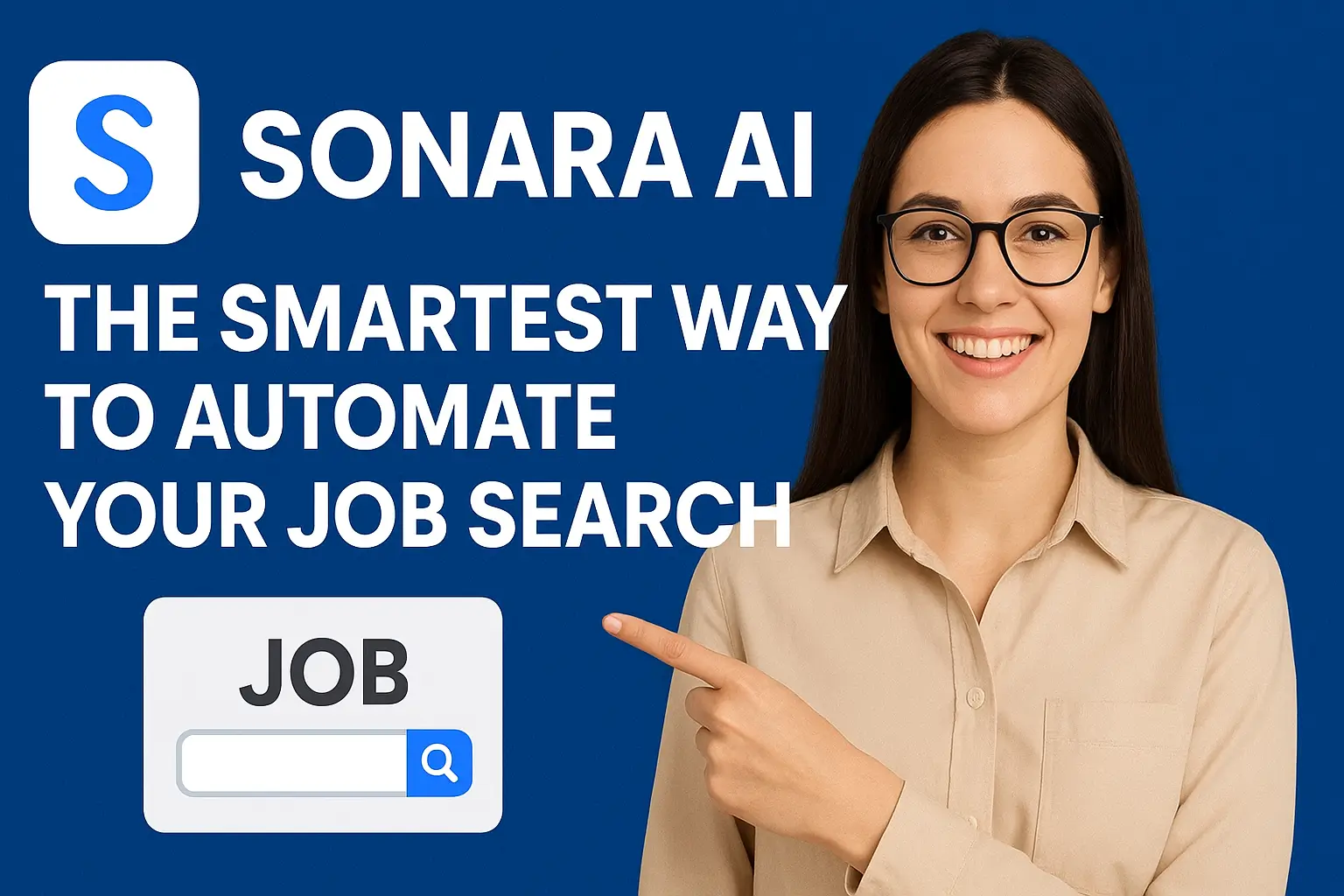
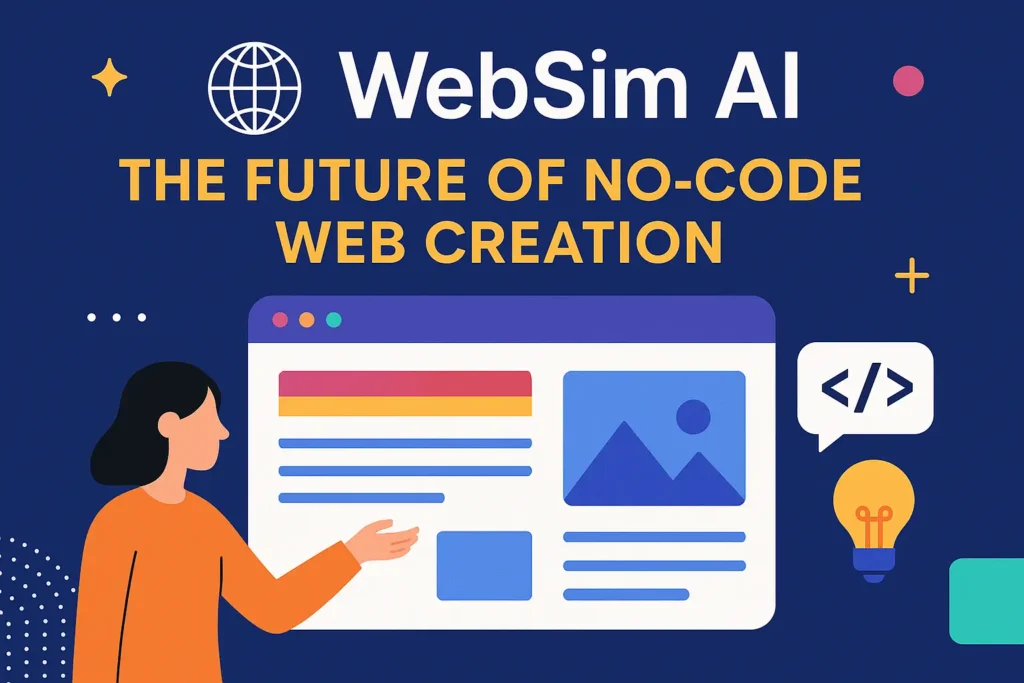
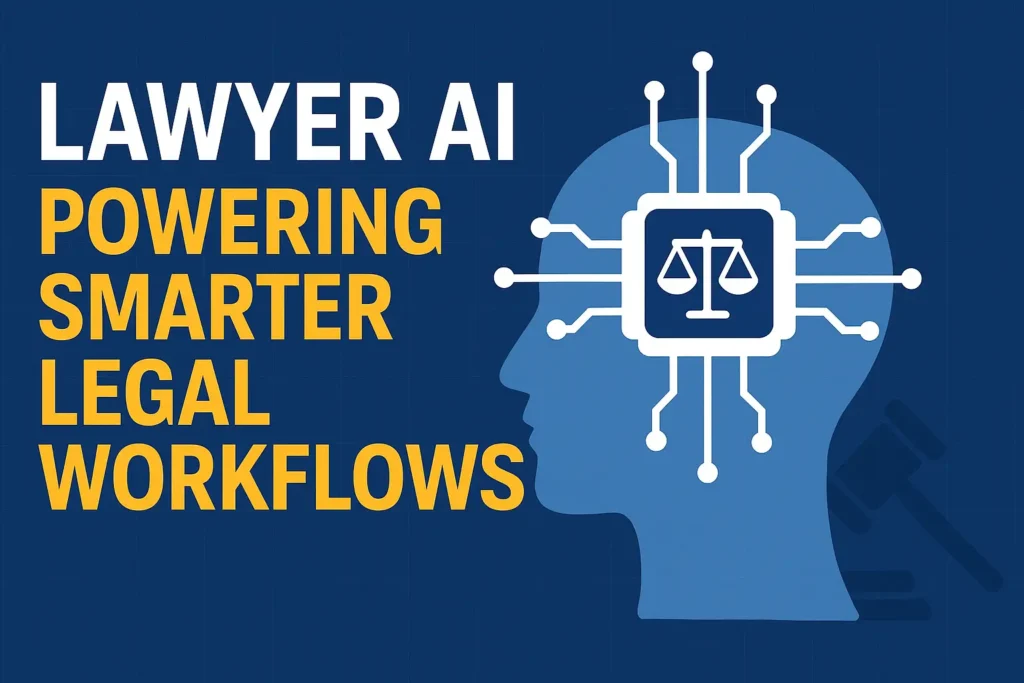
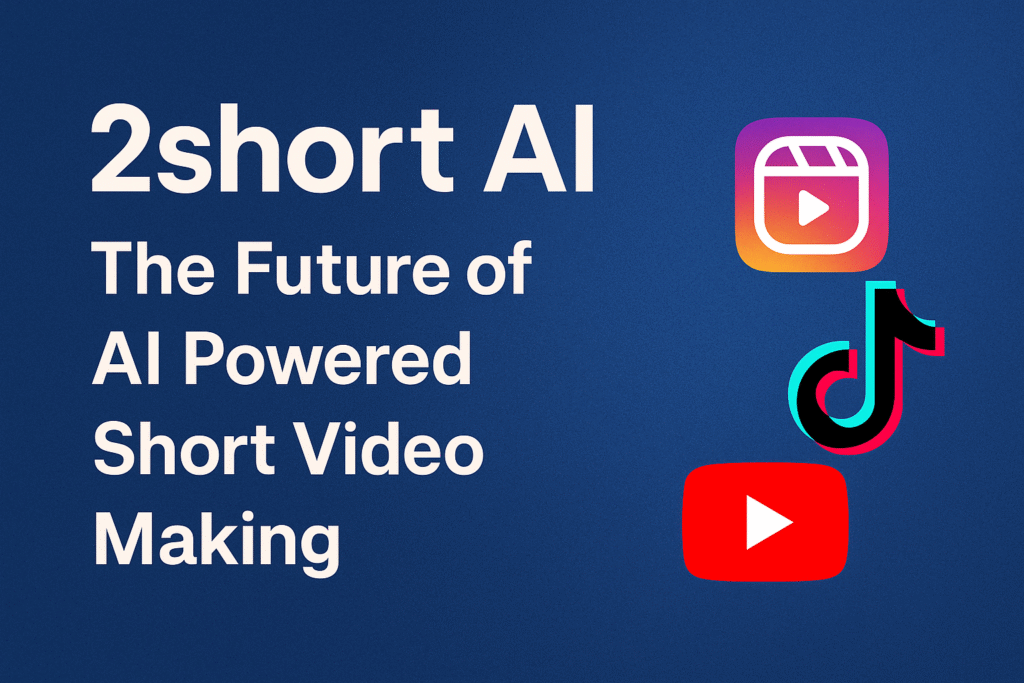
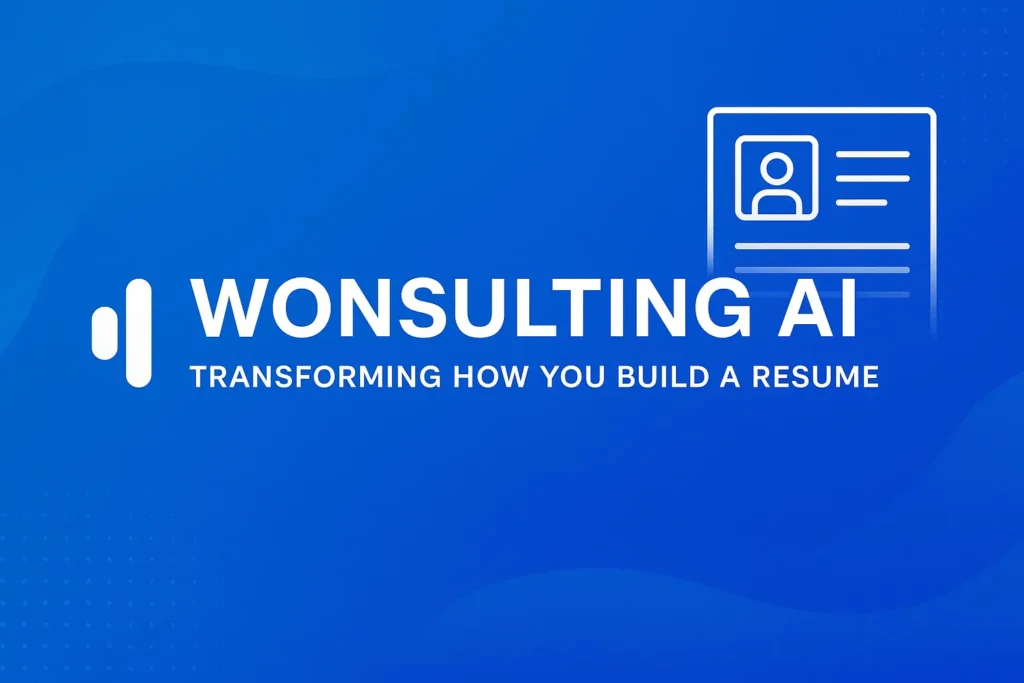

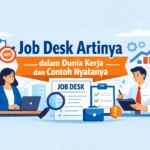




Leave a Comment